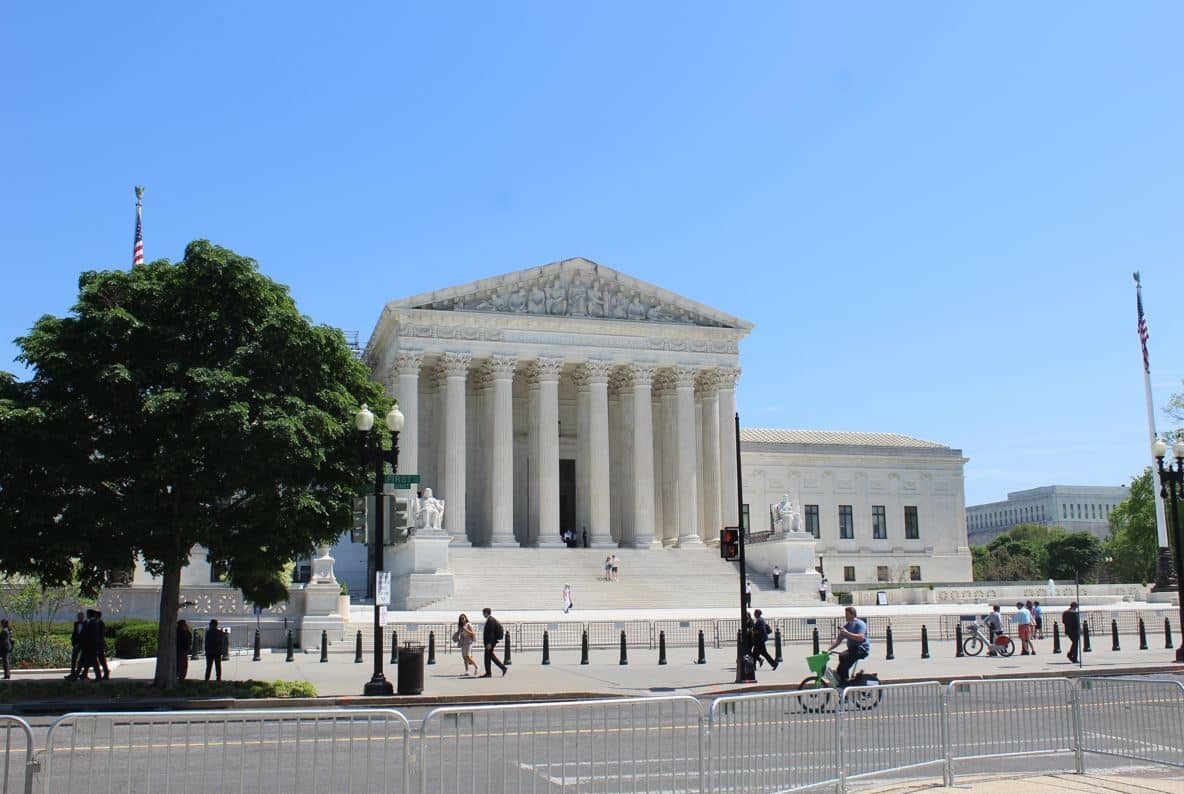Justices Opt to Stay Out of Climate Change Suit Forum Fight

WASHINGTON — The Supreme Court on Monday refused to consider a series of legal cases raising the question of whether climate change suits brought by state and local governments against fossil fuel companies ought to be heard in federal court.
The justices’ decision to stay clear of the controversy means dozens of these lawsuits will now proceed in state and local courts, which are typically perceived as advantageous for plaintiffs.
Several of the underlying lawsuits come from California, where local municipalities sued more than 30 energy companies in state court alleging their production and marketing of fossil fuels contribute to global warming.
In each of the lawsuits, the municipalities claim the oil and gas companies failed to warn about the risks of climate change and should be forced to cover the climate-change costs the local governments face, such as infrastructure repair due to rising sea levels.
The companies responded by arguing the lawsuits should be thrown out because the municipalities chose to file them in the wrong venue.
According to the oil and gas firm defendants, among them BP and Shell, energy production is an inherently federal issue, and lawsuits related to it should be exclusively heard in federal court.
In addition, they argued that the greenhouse gas emissions that contribute to global warming cross state and international lines and therefore cannot be adequately addressed under state laws.
Though several lower courts have already rejected these arguments, the Supreme Court last year gave the companies a second chance to argue for removal of the cases to federal court.
Its May 2021 decision pertained to a case filed by the city of Baltimore, Maryland, that made many of the same arguments as the West Coast cases, namely that it was vulnerable to sea-level rise and flooding driven by climate change and that through their actions, the oil companies made it worse.
The 7-1 ruling in favor of BP, Chevron, Exxon Mobil, Royal Dutch Shell PLC and other energy companies, was based on a technicality concerning limits on appeal courts to remand cases to state court.
The opinion, written by Justice Neil Gorsuch, opened the door to the renewed challenge that came up short on Monday.
As is their custom, the justices did not explain the rationale for their decision.
Dan can be reached at [email protected] and at https://twitter.com/DanMcCue

























